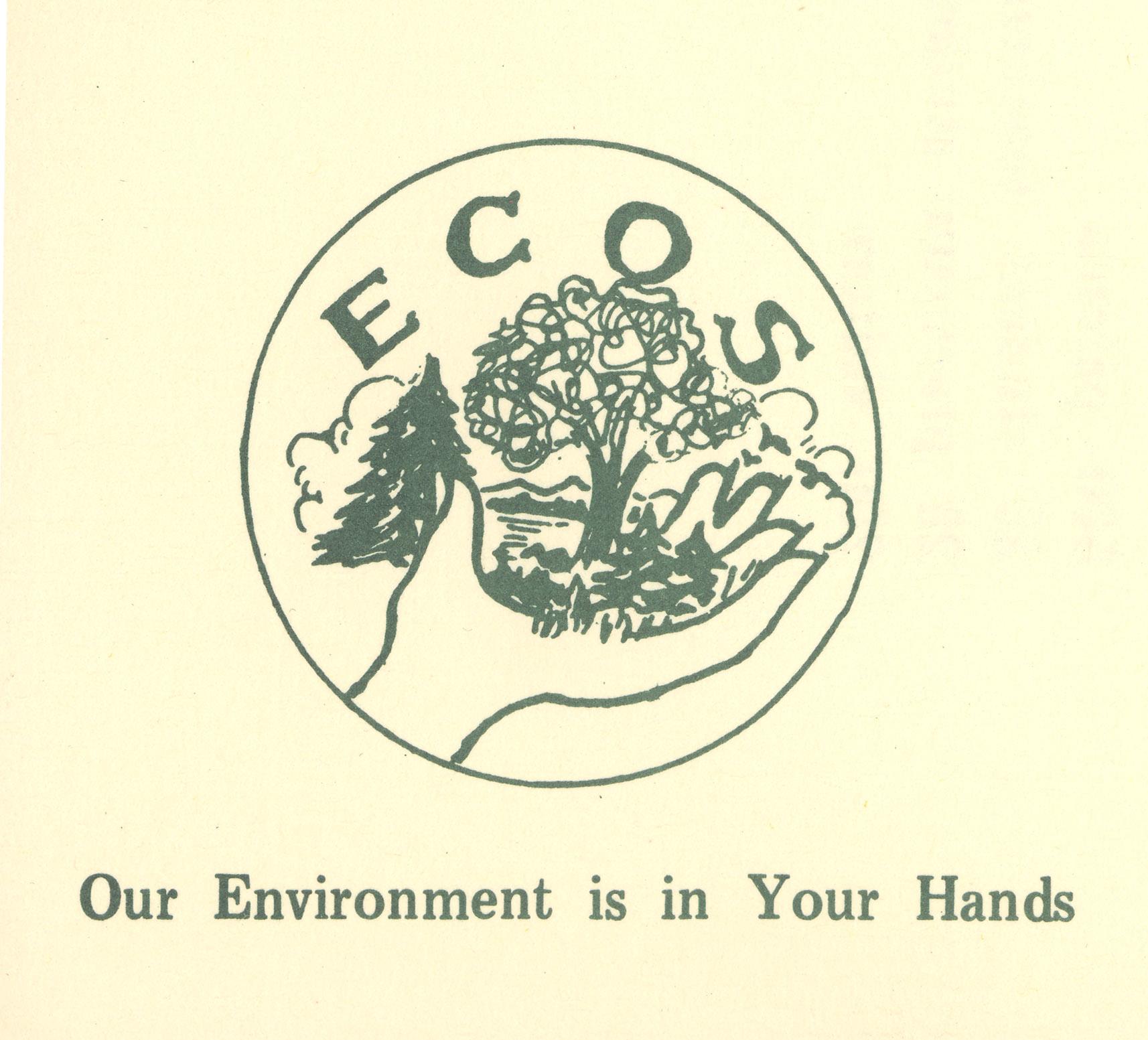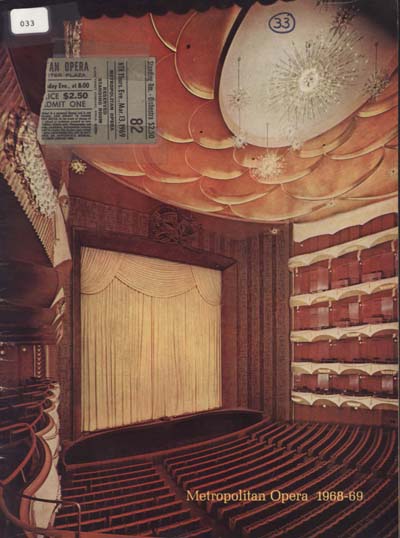John Russell Allison and Marion Sellers Allison Papers
In August 1945, U. S. Army second lieutenant John R. “Jack” Allison was on a troop ship headed for the final invasion of Japan. By the time he arrived, the war had ended. Allison, a native of Ontario and the main provider of his family since he lost his father at 18, had immigrated to Evanston, Ill., in 1933. While taking evening classes at Northwestern University, he worked in a bank, rising from courier to internal auditor, before leaving for the printing firm R.R. Donnelley. He married Marion Sellers, formerly of Missouri, in 1942. When World War II began, Allison enlisted in the army. In Japan, with the war over, he became part of the American Occupation under General Douglas MacArthur, helping in a series of roles to rebuild and stabilize the Japanese economy. Eventually, he became director of finance, supervising the Japanese Ministry of International Trade and Industry and the Central Bank of Japan. Marion and their three-year-old daughter, Jacqueline, joined him in Japan in 1947. While there, Marion studied the Japanese language, visited museums, learned crafts, taught English to new Japanese friends and acquaintances, and had two more children. After the family returned to the U.S. in 1951, the Allisons had another two children.
The Allison Papers richly document the family’s experience of American-occupied Japan from their different perspectives, one as a member of military and government operations, the other as a parent raising children and immersing herself in the culture. The collection includes materials from Jack Allison’s military service and work and letters written by Marion, mostly to her parents, along with two photograph albums, a scrapbook, and family histories in print and audiovisual form.




